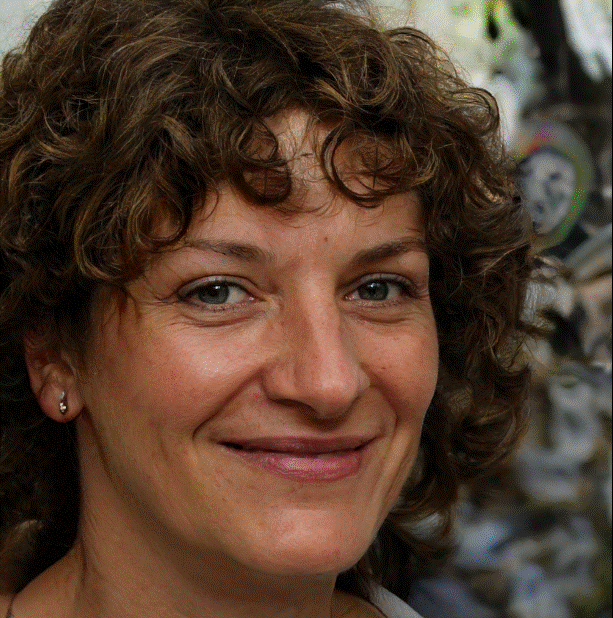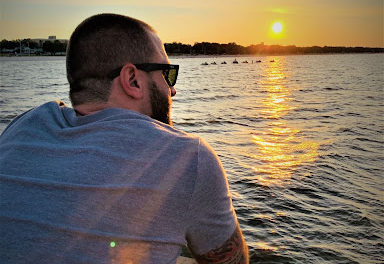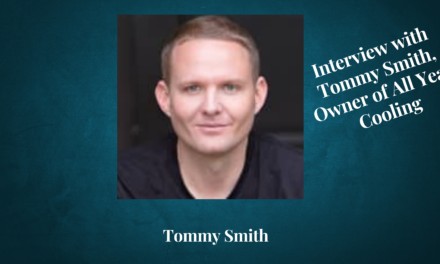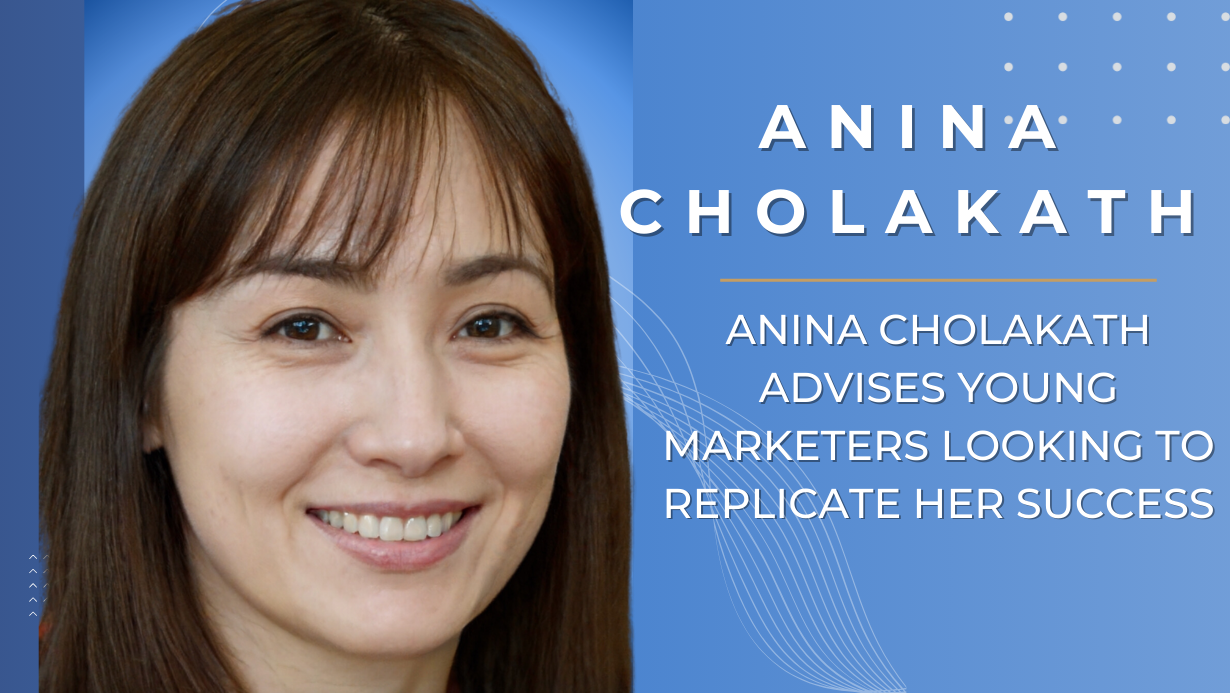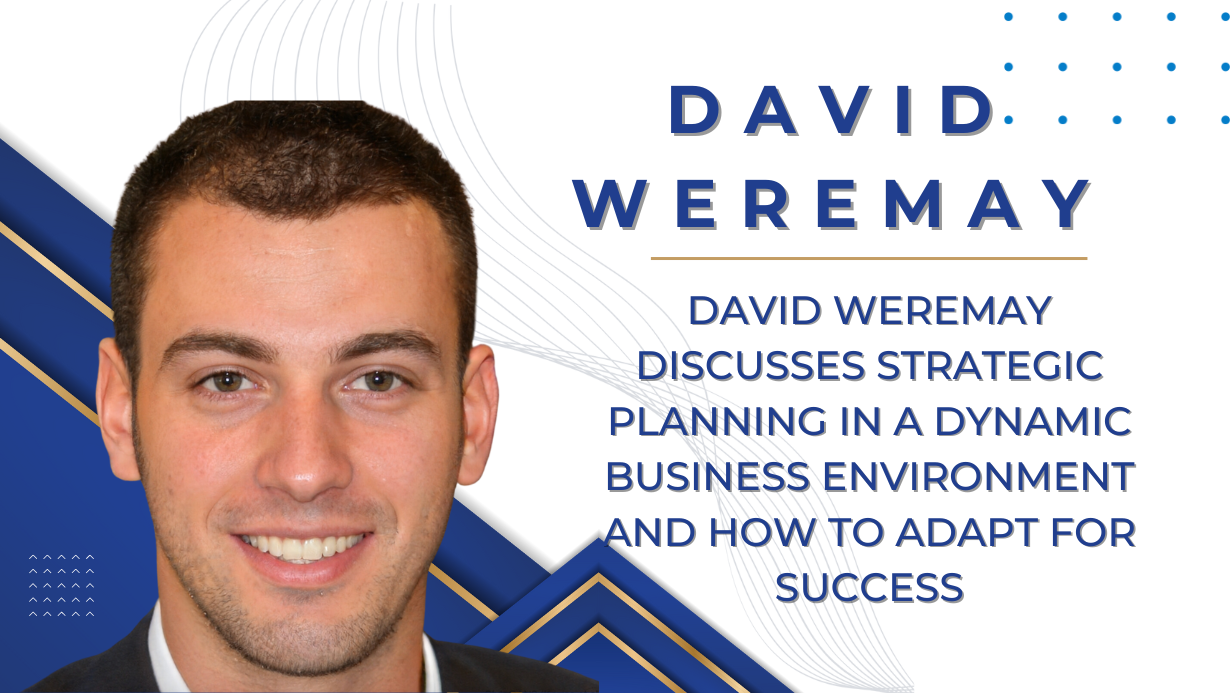Susan Sciacca is the creator and CEO of How to SaaS, a Marketing Strategy Consulting firm that works with major Private Equity Investors and CEOs. Susan has advised numerous B2B enterprises in establishing millions of dollars in market value through marketing and demand creation as an advisor, consultant, and fractional CMO.
After earning her MBA at the Rotman School of Management in Toronto, Susan went on to receive a master’s in Marketing and Communication from the University of Toronto. The degree assisted her in starting out in SaaS and marketing. She used to work with some of the industry’s major players, gaining expertise and practical knowledge about B2B marketing.
Susan was the CMO of Apricot Marketing, which was acquired by Personify and Rubicon Technology Partners in October 2019 and subsequently spun off to Pamlico Capital in August 2020.
She has significant expertise in Account-Based Marketing, Pipeline Generation, Marketo, Sales Development & Inside Sales, and Salesforce.com. Her clients’ millions of dollars in B2B marketing revenue have been attributed to her skills in ROI analysis, Marketing Attribution, LinkedIn Ads, Google AdWords, Online Retargeting, Google Analytics, Lead Flow management and campaign optimization.
According to Susan, you should not be defined by the achievements and momentum of others. She thinks that doing what you do best and what you’re most comfortable with is the way to go. According to her, it’s up to you to decide how fast and big you want your business to grow.
Susan also offers an online course called Post-Acquisition Marketing: How to Generate Enterprise Value in 100 Days or Less. This lesson teaches all entrepreneurs and company founders how to increase their portfolio investments more quickly.
She resides in Miami with her husband and two children. Susan also has two Golden Retrievers that she adores. She enjoys going on hikes, browsing at local thrift shops, and listening to podcasts as hobbies. Susan is of Canadian heritage, but she prefers South Indian and North Indian cuisine and her favorite holiday destination is Paris, France.
Thanks for joining us! Let’s start with getting to know who Susan Sciacca is. And What are you doing these days?
I am a marketing student with a passion for SaaS marketing. I am a working mother with 2 beautiful kids and a lovely home. For me, how to SaaS is my third child. I have experience working with multiple marketing agencies for years. I always wanted to start a marketing agency of my own and How to SaaS intends to create a SaaS marketing company that makes SaaS business its area of focus and expertise. It is established to become a company that is more experienced in dealing with SaaS businesses than anyone else keeping in mind the dire need of the SaaS industry.
What made you decide to become an entrepreneur?
I always wanted to be my own boss. I worked for various big names at the start of my career to gain experience and the dos and don’ts of the industry but becoming an entrepreneur was always on the cards. Even before founding How to SaaS, I co-founded a traditional marketing agency with my colleague but it failed badly. Although it was a failure, I cherish that experience because I learned a lot in those struggling times. When I was starting off with How to SaaS, I knew what exactly I have to avoid to make it a success.
What would you say are the top 3 skills needed to be a successful entrepreneur, and why?
1. Communication
Every successful entrepreneur needs to be a powerful communicator. Whether a person runs a Fortune 500 company or is a solo entrepreneur, they need to know how to communicate effectively to all stakeholders that touch the business.
A successful entrepreneur must communicate with investors, customers, employees, creditors, peers, and mentors. If an entrepreneur fails to communicate the value of their company efficiently, it’s unlikely the company will be successful.
Entrepreneurs need to master all forms of communication to be successful, including in-person and one-on-one conversations, group discussions, written communication, and online messages or emails.
2. Sales
For an entrepreneur to achieve success, the soft skill of sales goes hand-in-hand with communication. An entrepreneur should be able to sell anything and everything, from his services, products, or ide.
An entrepreneur with excellent communication skills is more likely to be better equipped to sell ideas, products, or services.
Initially, it’s customary for entrepreneurs to be the first salespeople at their respective companies. Those soft sales skills are mandatory to demonstrate value for all stakeholders inside and outside the company.
3. Focus
The journey of a successful entrepreneur is riddled with ups and downs. There are the highs of successes and the lows of setbacks. A successful entrepreneur should be able to focus so they don’t go astray when the going gets tough.
Focus can also be considered as thinking with the end in mind. No matter what struggles come in the way, successful entrepreneurs keep their focus. It is essential to keep an unwavering eye on the end goal because it helps in pushing themselves to achieve success.
You sound quite passionate about your work; why? Is there a story behind it?
Indeed, I am. Passion is the fuel that keeps me going. For my first entrepreneurial venture, I was a little casual and the result was heartbreaking. I believe passion is a must for entrepreneurs’ creativity, persistence, and venture performance. When I say I consider How to SaaS as my third child, I mean it. It is close to my heart and I feel genuinely passionate about its growth and success.
How do you separate How to SaaS from your competitors?
At How to SaaS, we prioritize customer success, access to the latest products, absorbing burdens, and removing payment friction. Subscription is a double-edged sword: it’s easy for customers to get on, but it’s equally simple for them to get off. We focus greatly to address churn that can kill any subscription business. We invest heavily in our customer success, marketing, and consulting teams to forensically manage our client’s satisfaction and address any issues before they arise.
I have the best Customer Success Manager. He sets out to understand our customers’ challenges. We have established an open dialogue with our customers and we ask direct questions. Why would you pick us again? Why would you recommend us? This all helps us become more self-aware in delivering our products and services, direct innovation, and keep our current clients happy.
What was the biggest problem you encountered launching your online course and how did you overcome it?
When I launched ‘Post-Acquisition Marketing: How You Can Create Enterprise Value in Just 100 Days’, the biggest challenge I faced was being unable to visualize the journey of a prospective student. With the current course platforms, there is no straightforward way to envision the journey a visitor takes on the site.
Without being able to predict the journey of the prospective student through the entire online course funnel it is near impossible to detect where they drop off.
The solution to this issue was to find a platform where I will be able to know if a page in the course funnel isn’t performing well so that I can specifically address that and improve conversions at each step of the course funnel. Luckily I found the New Zenler platform which is a full-featured course platform that automates your journey.
How do you stay driven and motivated to keep going in your business and public speaking?
To stay driven and motivated to keep going in my business and public speaking, setting personal time during the day for myself is vital. During that time, I allow myself the flexibility to take a walk, think and meditate or even exercise. As well, I leverage that time to eat properly and drink water. Self-care is a crucial habit that goes a long way to helping me stay focused.
What’s the best part of your job?
A flexible schedule! I always begrudged the office routine that it’s called the “9-to-5 grind.” As an entrepreneur, I have the opportunity to break out of that cycle and create my own schedule. I may start my day early if I feel energetic in the early hours of the day. I can schedule to work later in the day if I have some family commitments during the day. And I can take an afternoon jog whenever the fancy strikes.
This scheduling power isn’t just freeing, it is healthier as well. My results-based work atmosphere leads to greater mental and physical wellness for me.
What is your definition of success?
For me, success is determined by accomplishing milestones and goals for my business. What may seem to be the smallest of goals for someone else, is the largest accomplishment for me as an entrepreneur.
Thank you so much for this truly amazing interview!

Interviews and PR by Matt Peters and Team.
https://searchmanipulator.com
